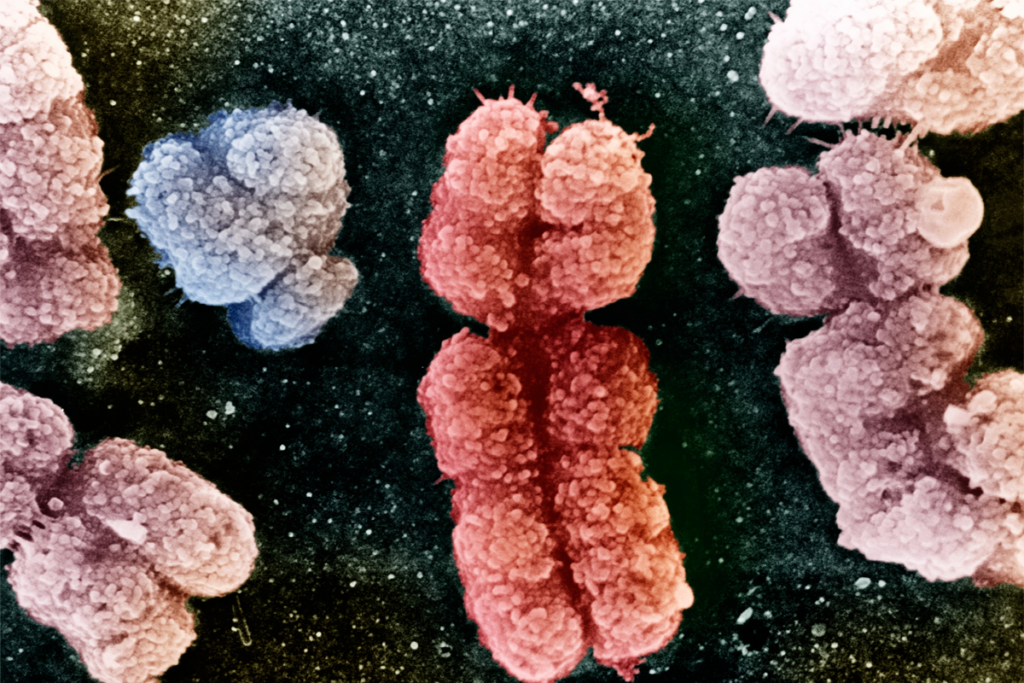Grace Huckins is a former editorial intern at Spectrum. Her writing has been published in Scientific American, Wired and Popular Science. She is pursuing a Ph.D. in neuroscience at Stanford University in California, where she builds computer models of brain dynamics. In 2020, she was the AAAS Mass Media Fellow at Wired. She previously studied at the University of Oxford in the United Kingdom as a Rhodes scholar.
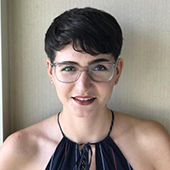
Grace Huckins
Former news intern
Spectrum
From this contributor
Extra Y chromosomes are linked to autism
Data from people with more or fewer than two sex chromosomes could help answer questions around genetic protection and vulnerability.
How Helen Willsey broke new ground, frogs in hand
A young researcher faces down the skeptics.
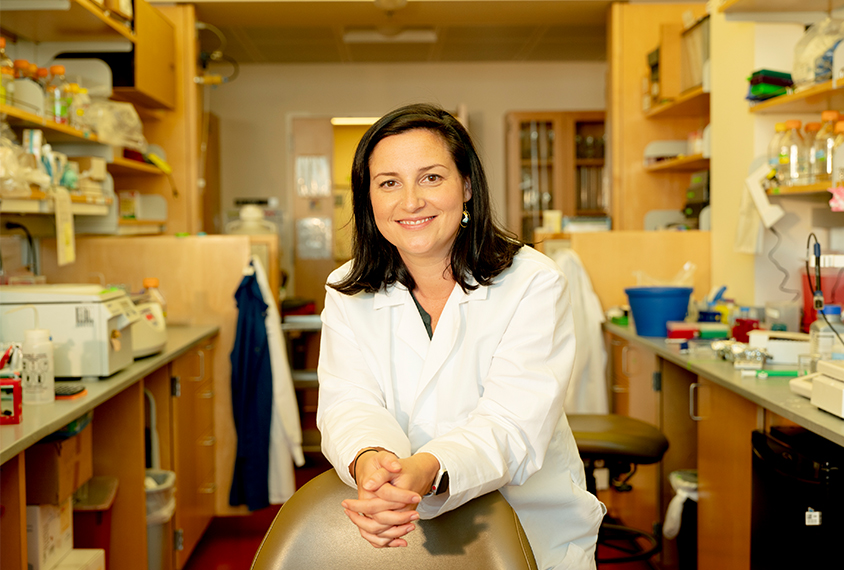
How Helen Willsey broke new ground, frogs in hand
Searching for the biology behind autism’s sex bias
The fact that autism seems to affect more boys than girls is often attributed to diagnostic gaps, but the skew remains largely unexplained. Some scientists are turning to basic biology for answers.
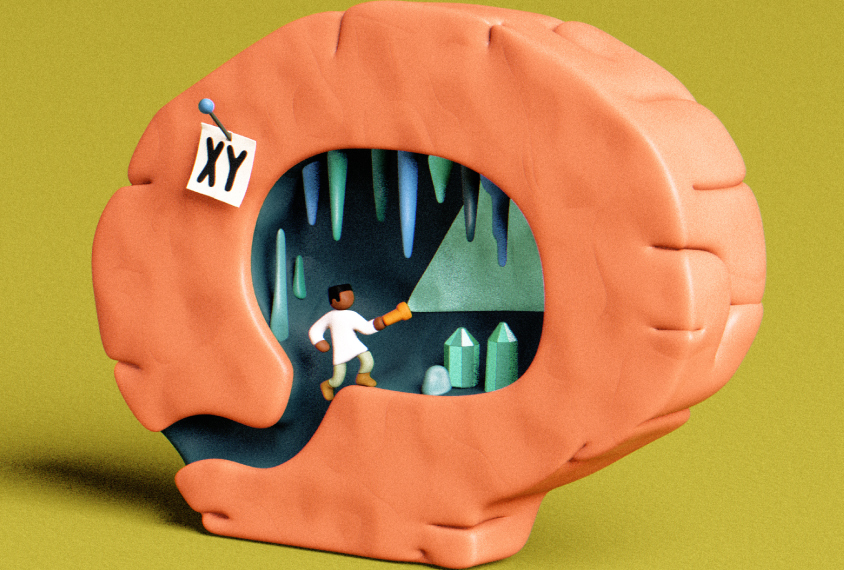
Searching for the biology behind autism’s sex bias
Patchwork mutations present a new frontier for autism research
Mosaic mutations, which affect only some of the body’s cells, play a small but meaningful role in autism. Though they are difficult to study, researchers are working to master their complexity.
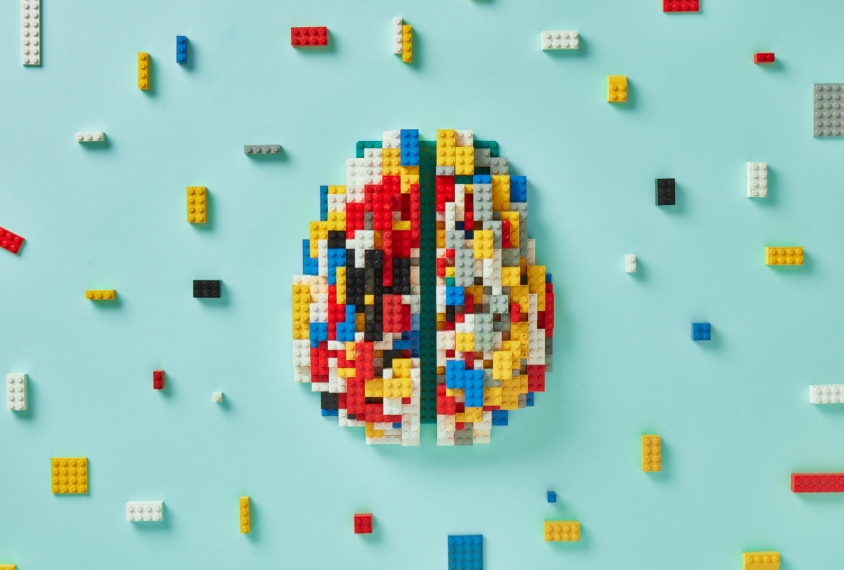
Patchwork mutations present a new frontier for autism research
Pandemic pressures may drive young scientists away from autism research
After a year of juggling research, childcare and COVID-19 anxiety, some early-career academics are rethinking their place in autism science.
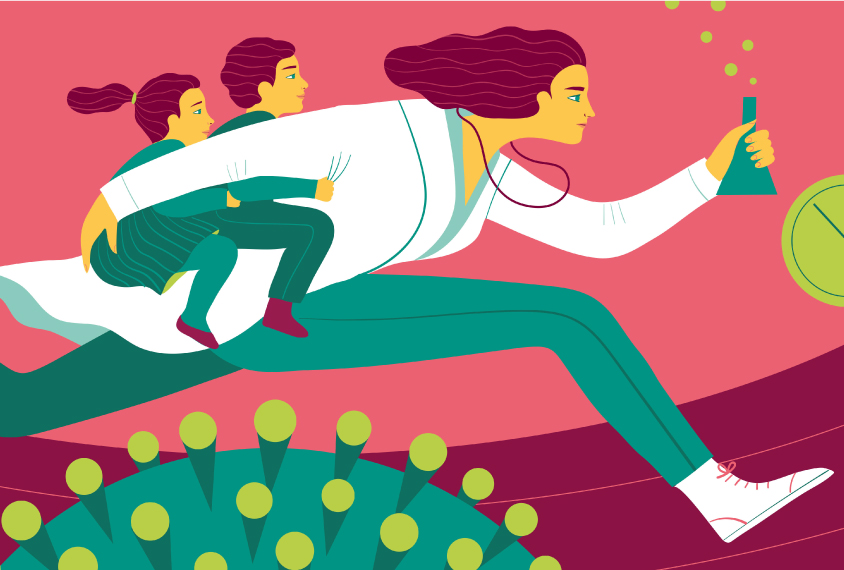
Pandemic pressures may drive young scientists away from autism research
Explore more from The Transmitter
NeuroAI and the hidden complexity of agency
As we attempt to build autonomous artificial-intelligence systems, we're discovering that a capability we take for granted in animals may be much more complex than we imagined.
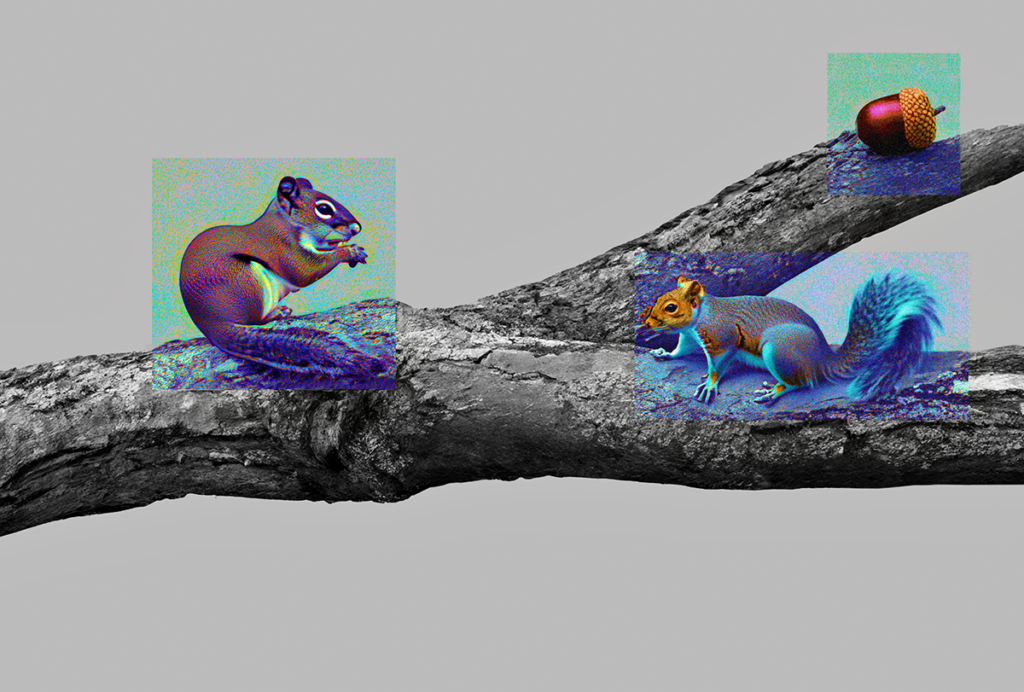
NeuroAI and the hidden complexity of agency
As we attempt to build autonomous artificial-intelligence systems, we're discovering that a capability we take for granted in animals may be much more complex than we imagined.
Plaque levels differ in popular Alzheimer’s mouse model depending on which parent’s variants are passed down
5XFAD model mice that inherit two disease-related genes from their fathers have double the plaques seen in those with maternal inheritance, a new study shows.
Plaque levels differ in popular Alzheimer’s mouse model depending on which parent’s variants are passed down
5XFAD model mice that inherit two disease-related genes from their fathers have double the plaques seen in those with maternal inheritance, a new study shows.
‘Doctored: Fraud, Arrogance, and Tragedy in the Quest to Cure Alzheimer’s,’ an excerpt
In his new book, published today, investigative journalist Charles Piller tells the story of the scientific misconduct that shook Alzheimer’s disease research to its core, and the neuroscientist who helped to expose it.

‘Doctored: Fraud, Arrogance, and Tragedy in the Quest to Cure Alzheimer’s,’ an excerpt
In his new book, published today, investigative journalist Charles Piller tells the story of the scientific misconduct that shook Alzheimer’s disease research to its core, and the neuroscientist who helped to expose it.
